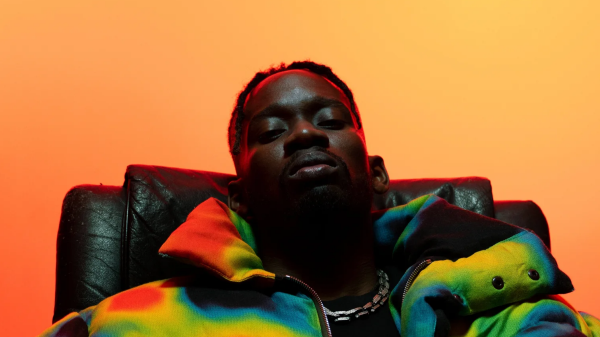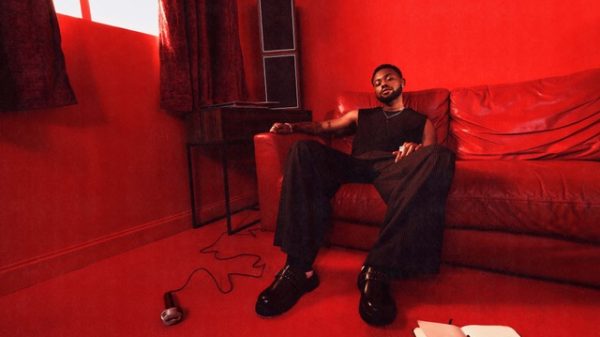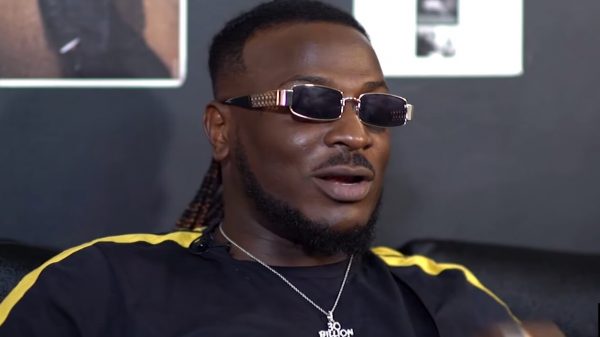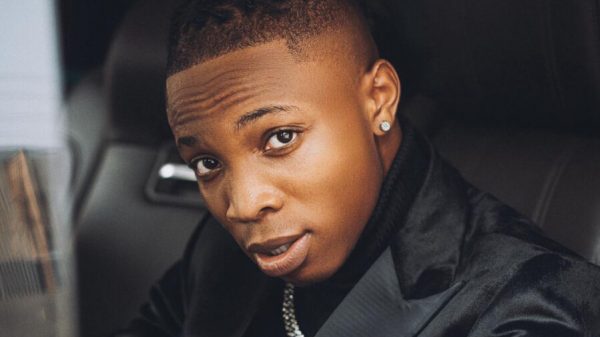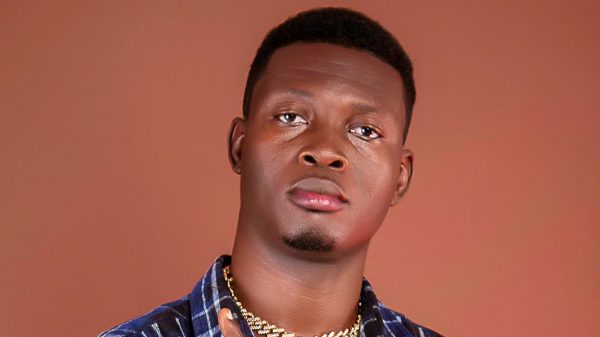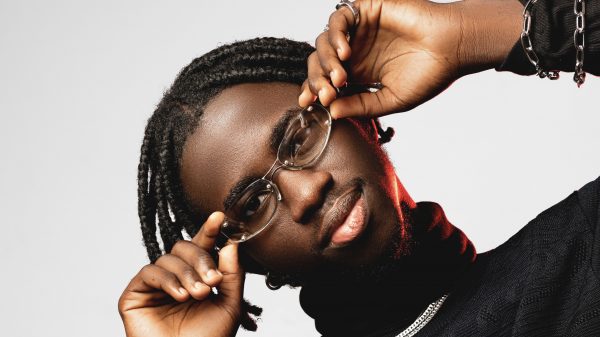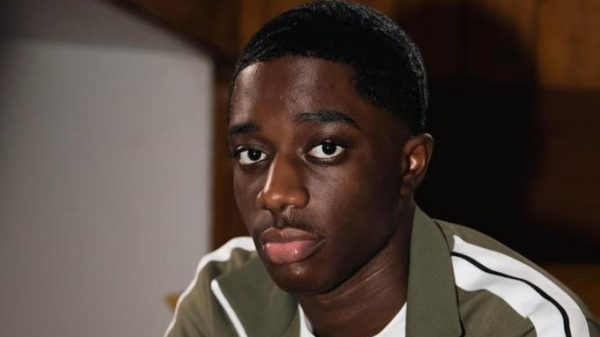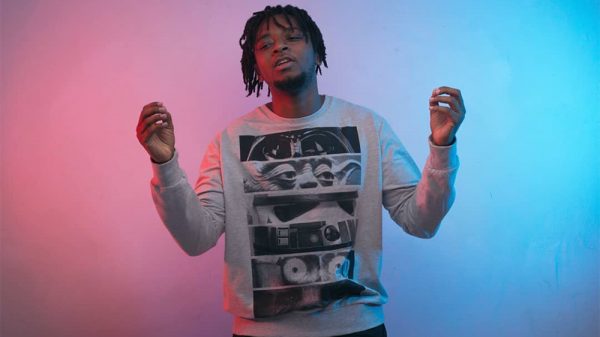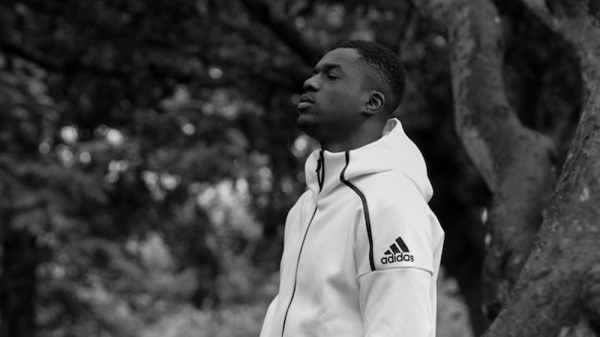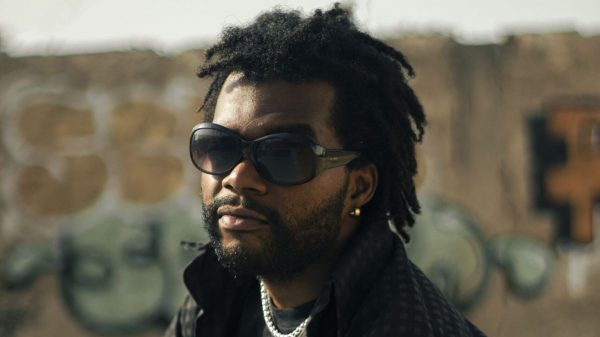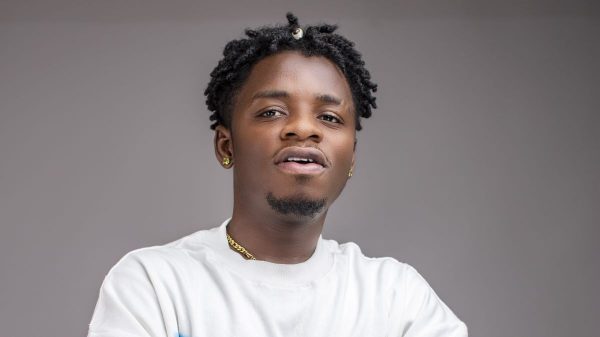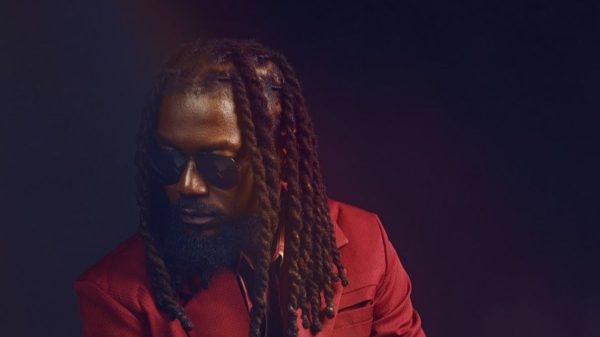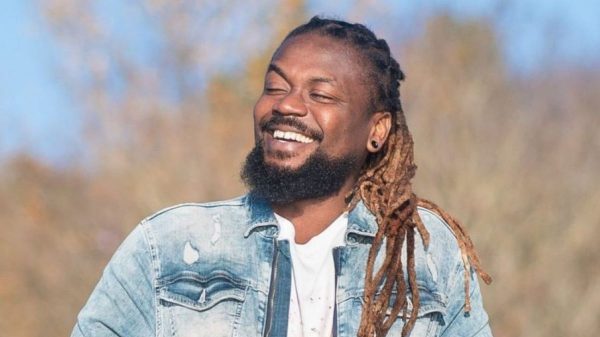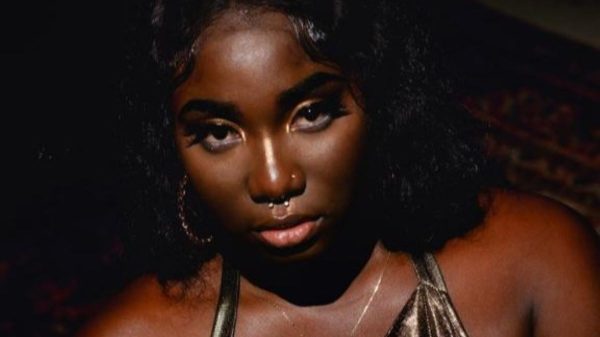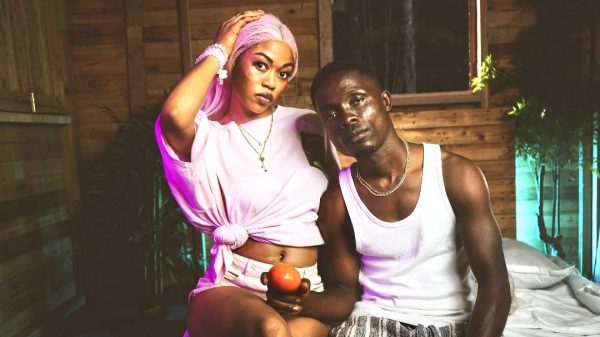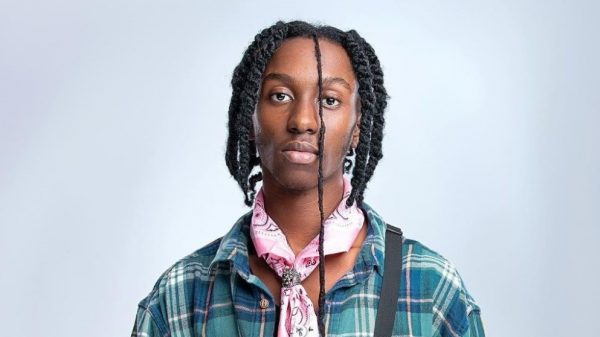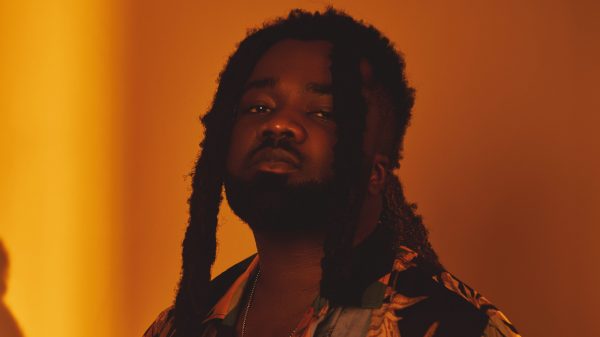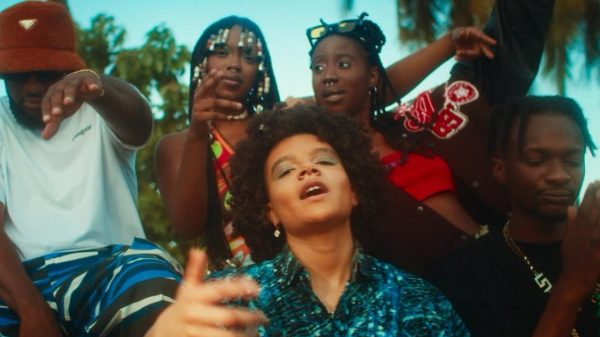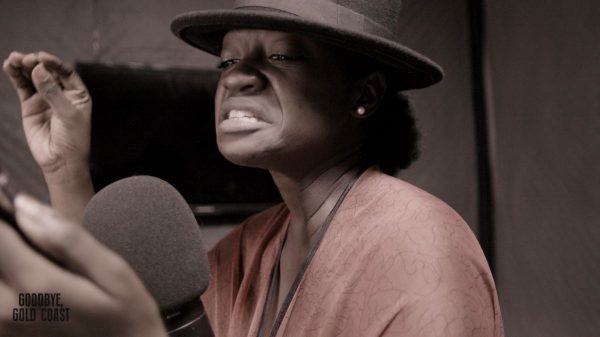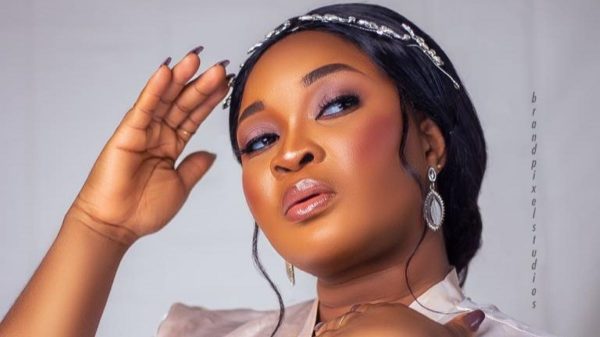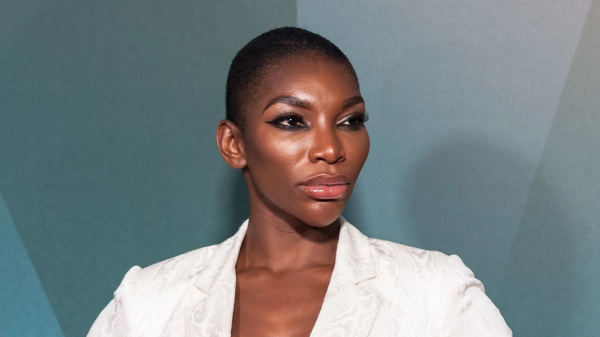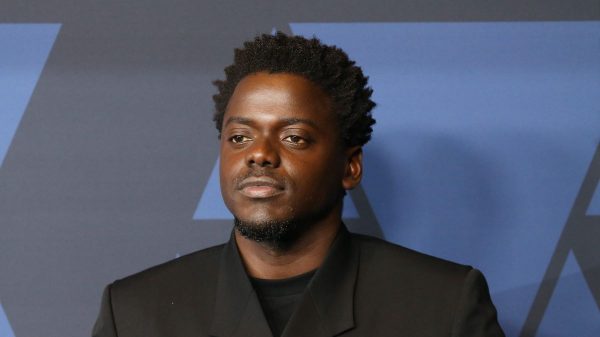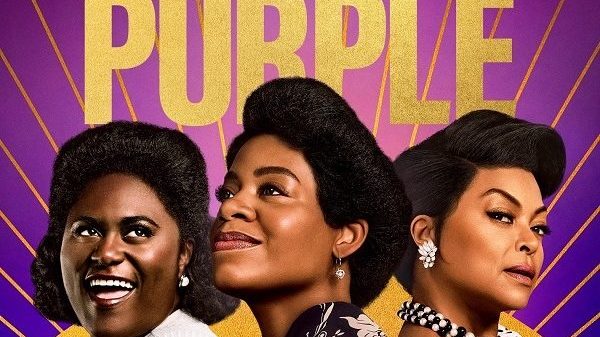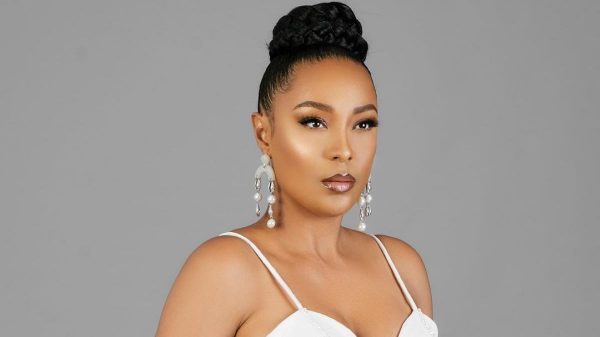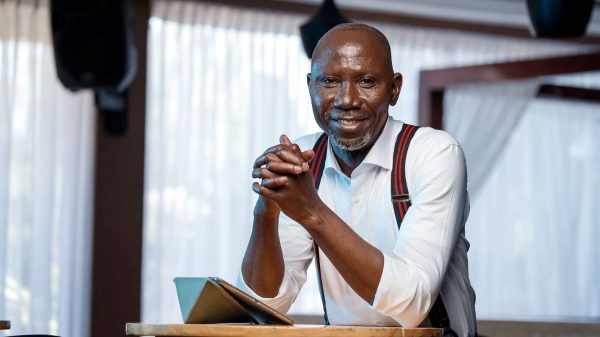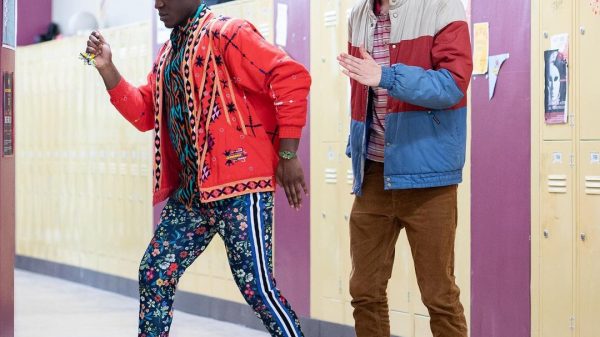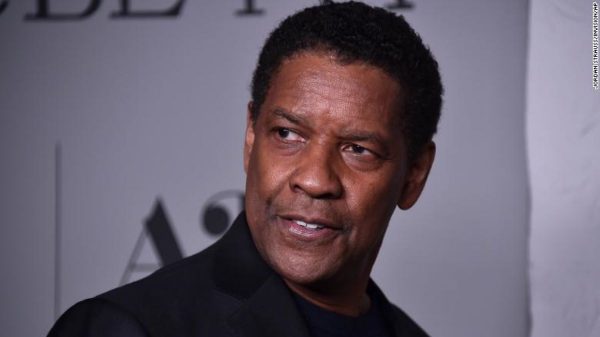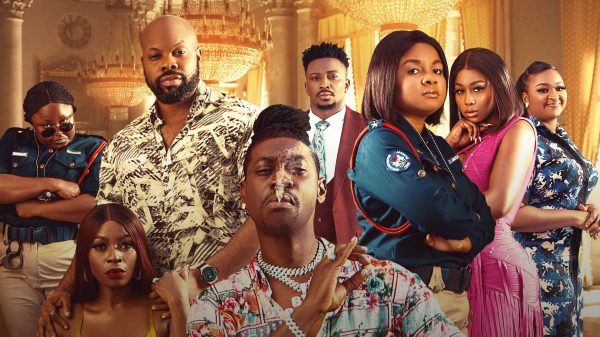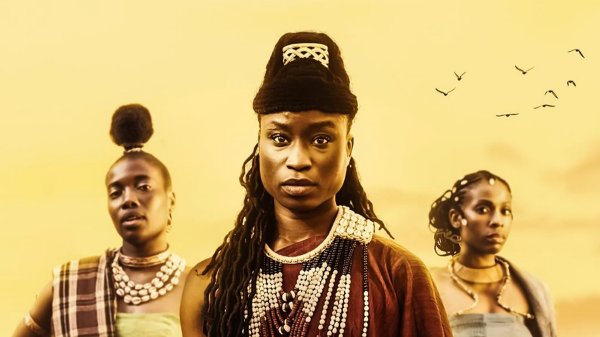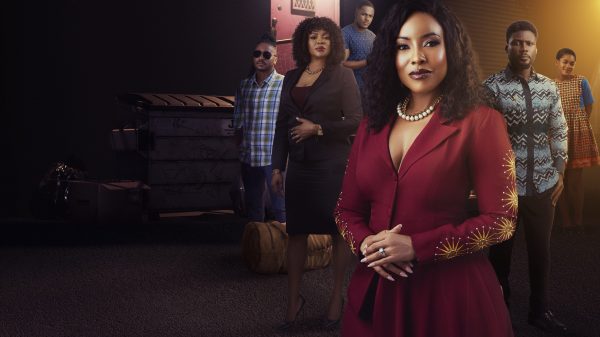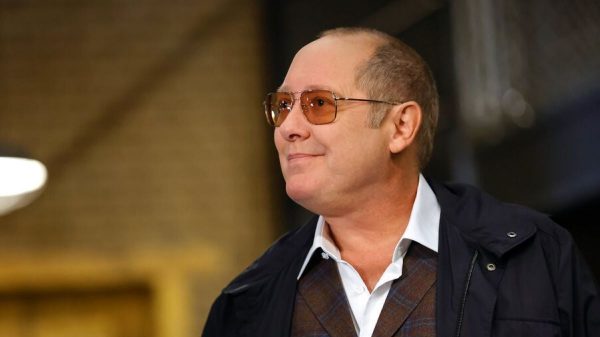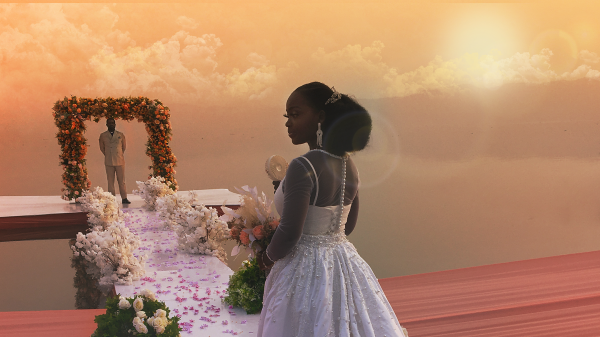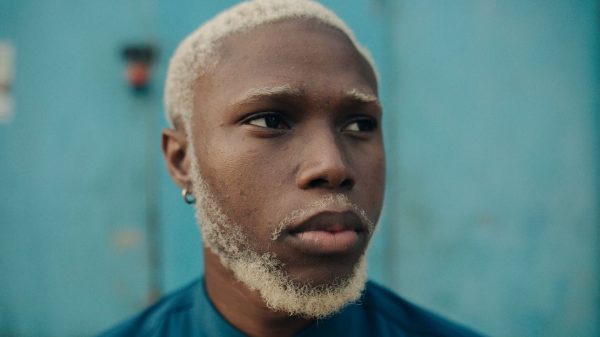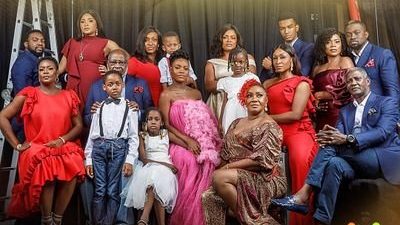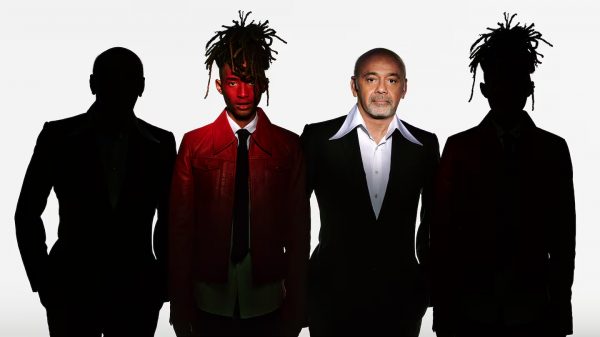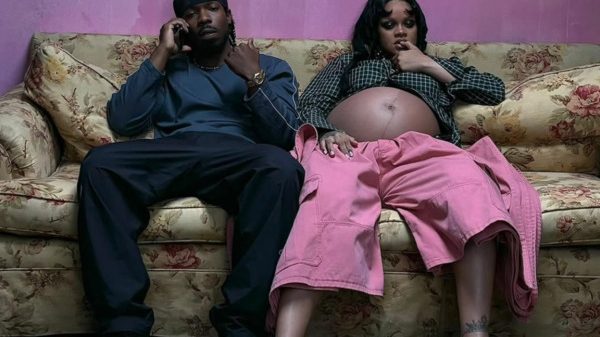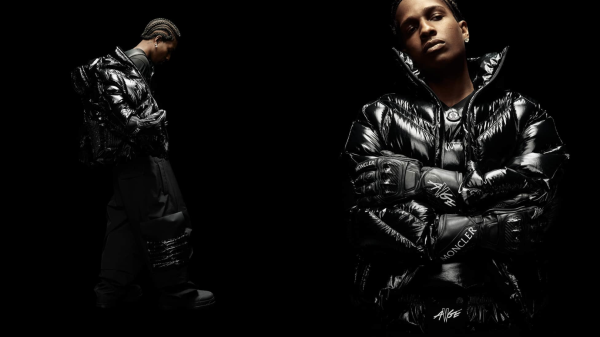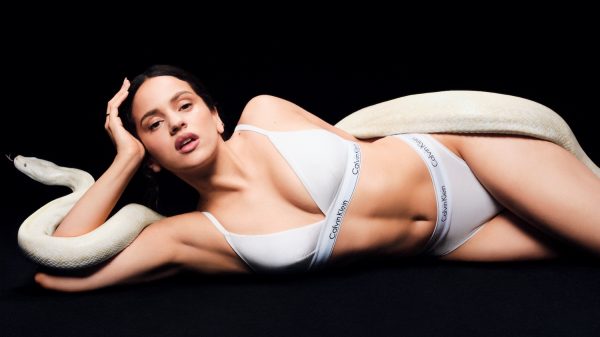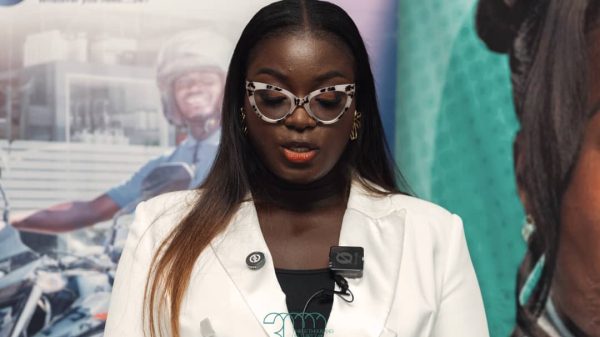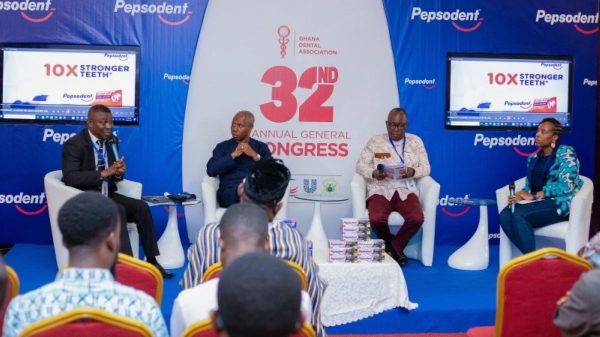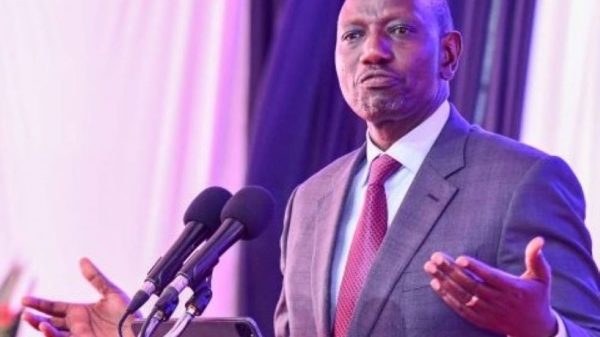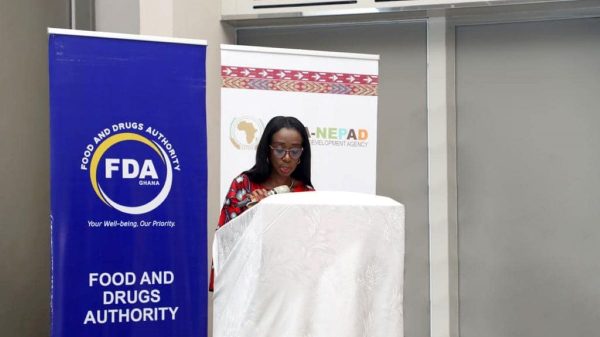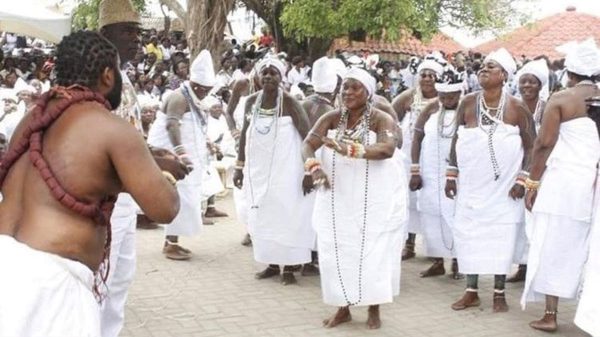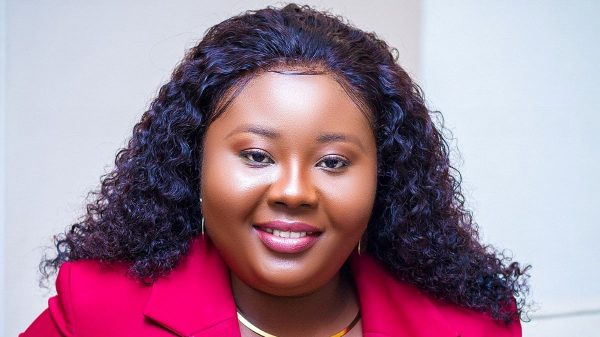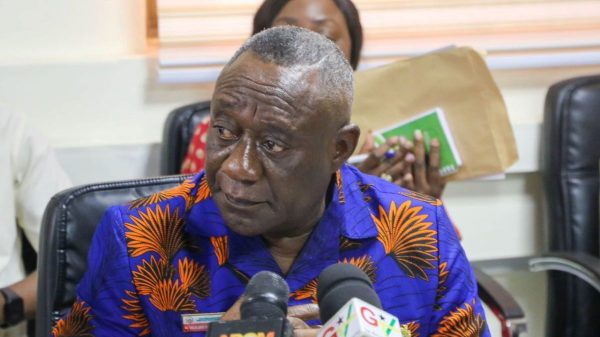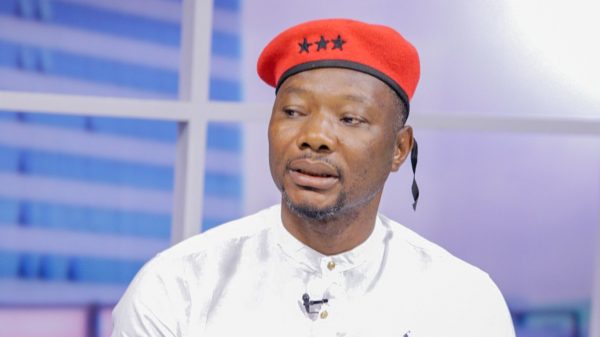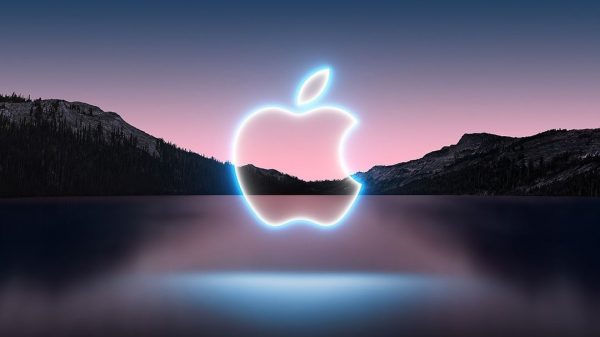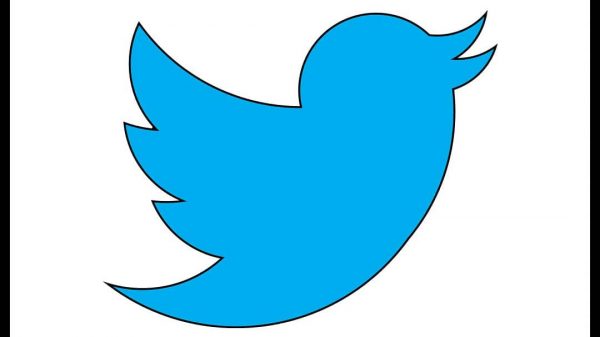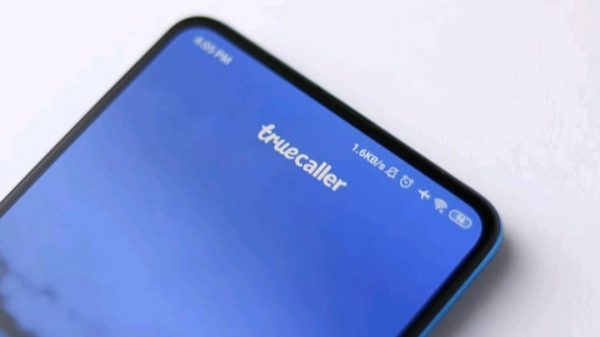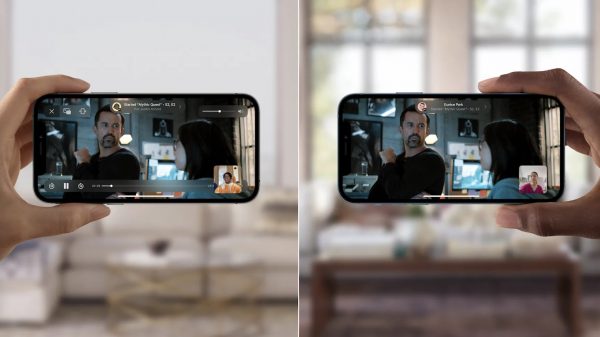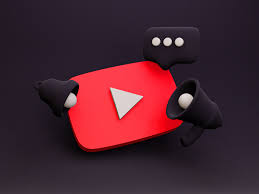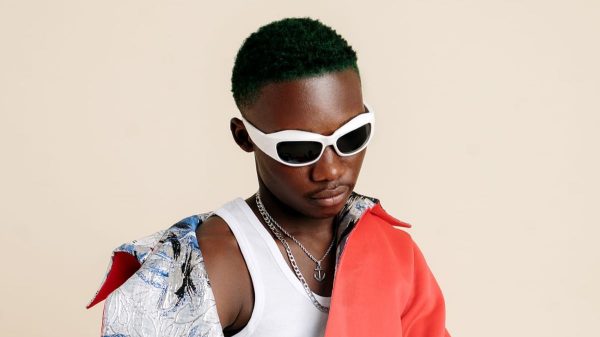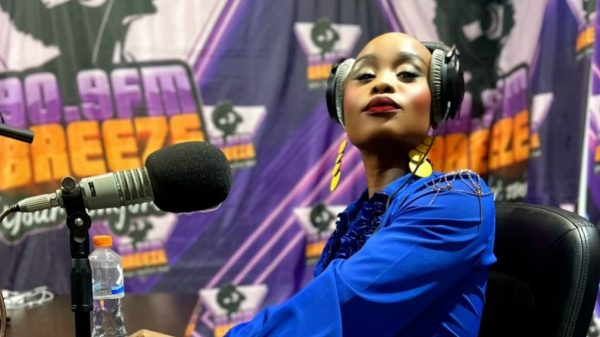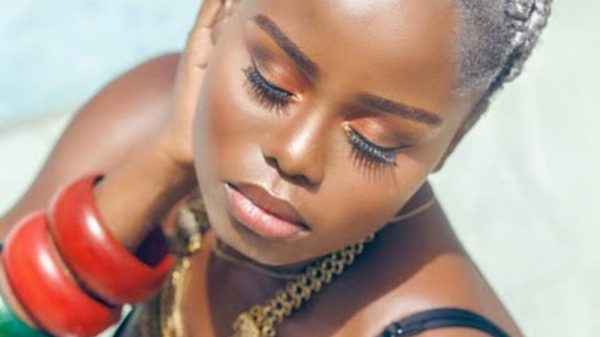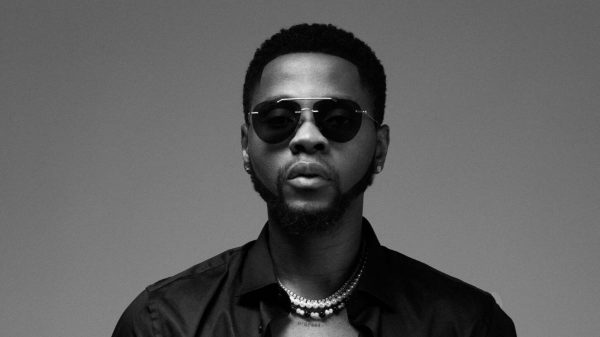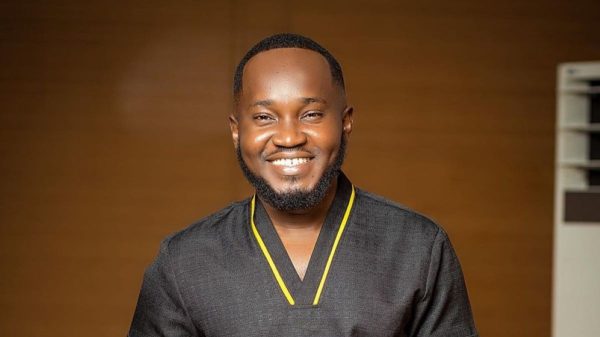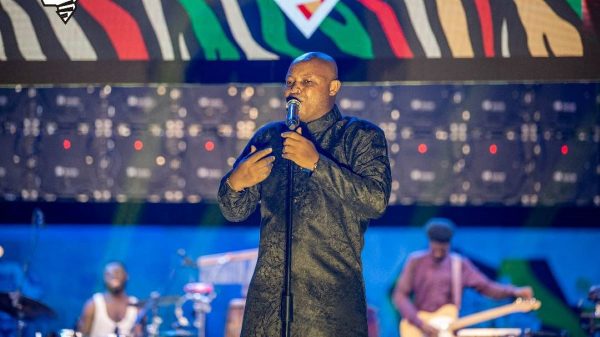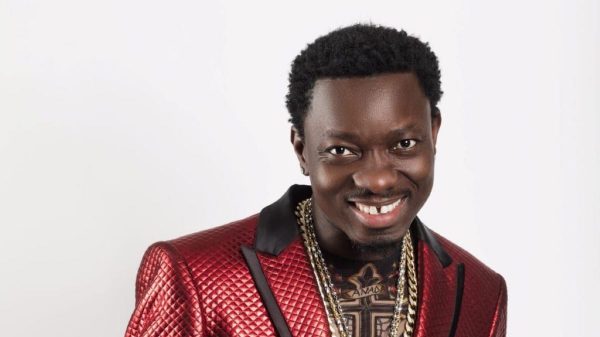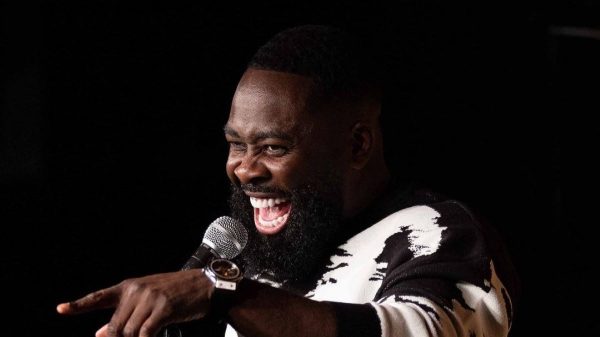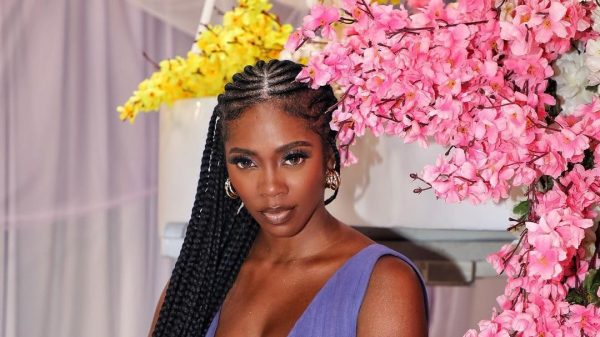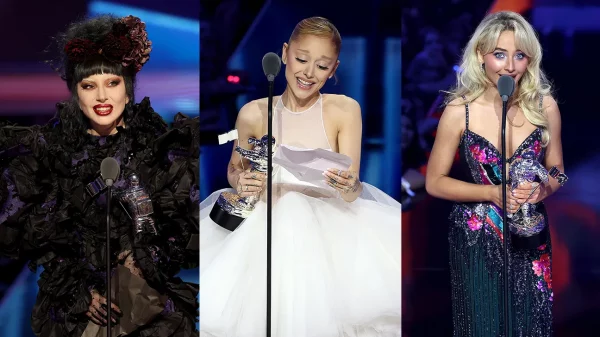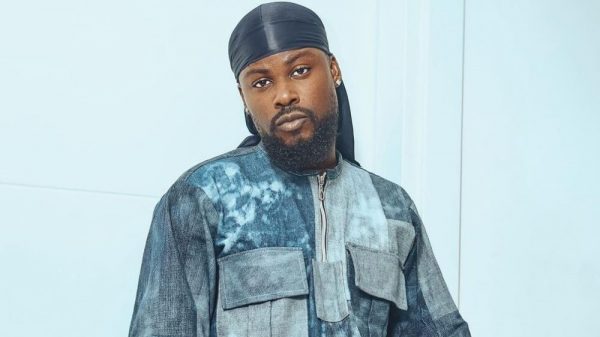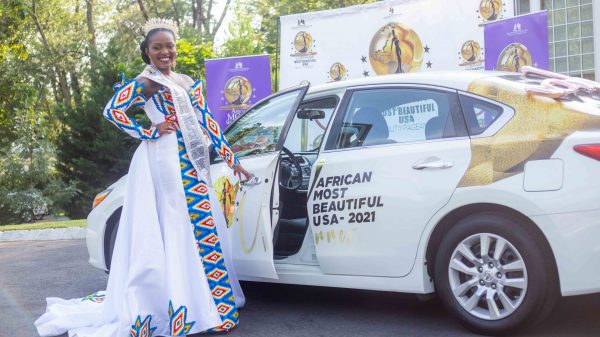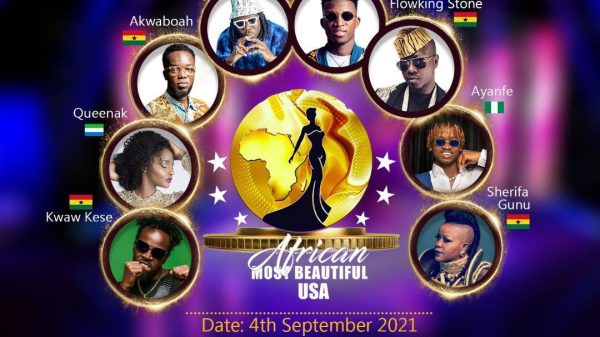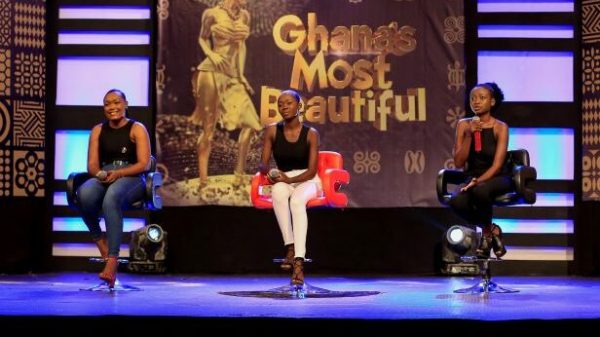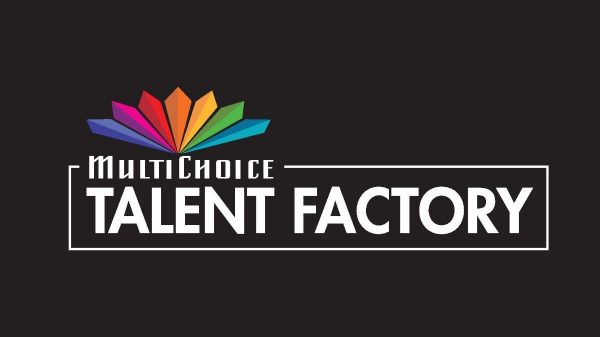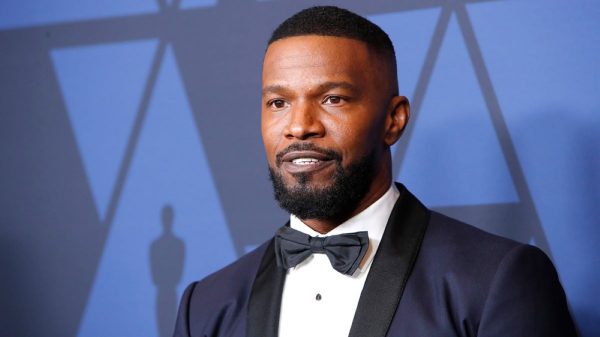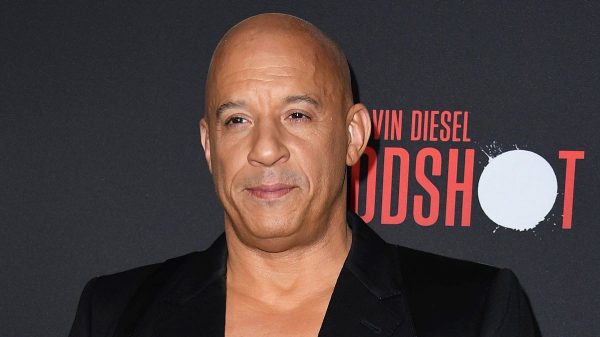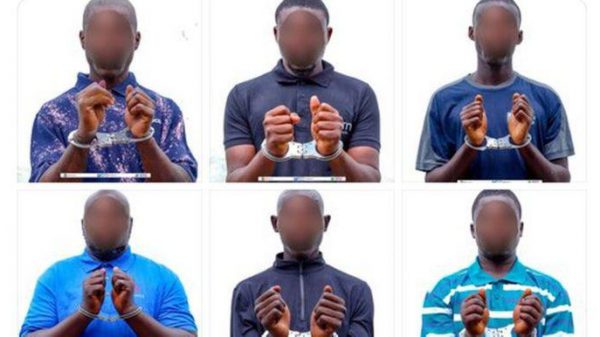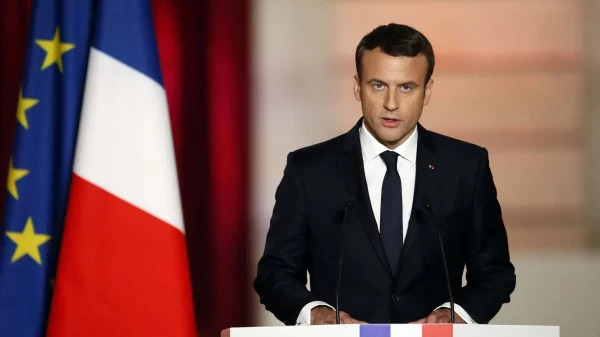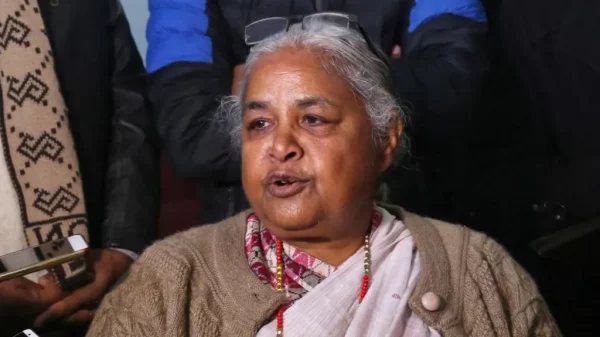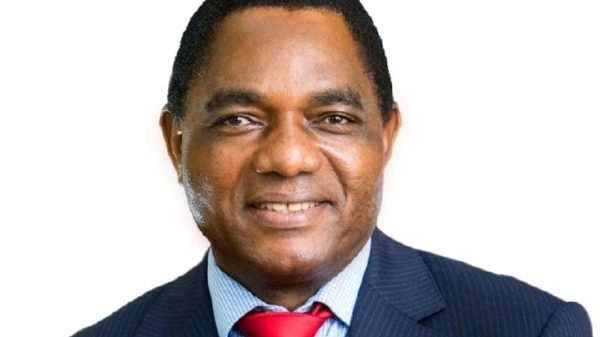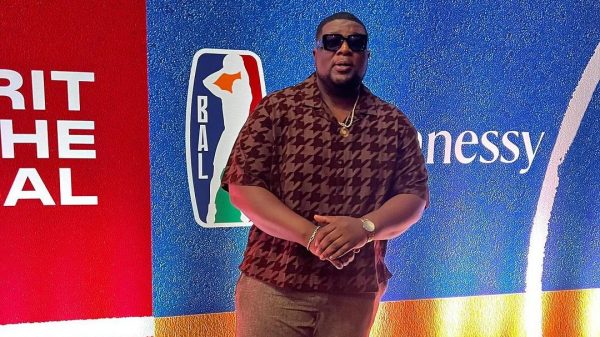As Mashable’s Proma Khosla noted in her review of Netflix’s Always Be My Maybe, it might be a wonderful thing to live in a world so inclusive that an Asian-American-lead rom-com supported by a staff of powerful women isn’t doomed to withstand endless questions on inequality and discrimination for the entirety of its press tour.
And yet, here we are.
In spite of promising data from the 2018 box office, the average film is still far from diverse on-screen, and even less inclusive behind-the-scenes. As such, Always Be My Maybe’s role in furthering Hollywood’s glacial move towards inclusion — casting two Asian-American romantic leads and placing an Iranian-American woman in the director’s chair — is undeniably newsworthy.
“It’s just a matter of caring about that stuff and paying attention to all of the details.”
But for the creators behind this perfectly attuned film, representation is just one part of good storytelling.
“It came from a place of servicing the characters and the story,” director Nahnatchka Khan tells Mashable of Always Be My Maybe’s authentic details, lauded by many as uniquely representative of the Asian-American experience.
“If I feel that scenes are lived in, it feels real to me. I don’t need a spotlight shining on anything. I just need to feel like, ‘Oh, this is a world that I understand and that I relate to.'”
From a scene showing two young girls removing their shoes before running through the house to numerous lingering shots of traditional Asian-American comfort food, Always Be My Maybe takes place in a meticulously crafted world that places honest specificity above all else.
“It’s just a matter of caring about that stuff and paying attention to all of the details,” says Khan. “So every scene and every moment, we would just go through and make sure that it was the best version and the most authentic version of itself that it could be.”

Protagonists Sasha (Ali Wong) and Marcus (Randall Park) are similarly complex, matching both the levity and realism of their environment. For a female lead in a rom-com, Sasha is particularly believable, revealed to be a strong, vulnerable, and multilayered woman scene after scene.
“Our touchstone was When Harry Met Sally,” Khan recalls, noting that Wong and Park (who wrote and produced, as well as starred in, the film) first pitched Always Be My Maybe as “their version” of the iconic Meg Ryan and Billy Crystal flick.
“What we love about that movie is that it’s a true two-hander; It’s each of their stories. We wanted to make sure that for Ali’s character that she didn’t come across as super broad strokes. You can be a successful woman and also be vulnerable, and that’s important to show people. You can be ambitious, and still be insecure and cry in the freezer. That to us was just an important thing to highlight.”
Whether or not Khan’s experience as a woman influenced her ability to bring such a fully-realized leading lady to screen, Khan can’t say — once again noting that, for her, it all come backs to good storytelling.
“I know that Ali and I share a lot of similar ideas and things that are important to us,” Khan says. “And I don’t really know how a dude would do it. But for me, I always approach it from a character standpoint, making sure that people feel lived in and real.”
“The more movies and shows that come out, the less it will be a one-to-one comparison.”
However, it should be said that Khan is perfectly aware of the role Always Be My Maybe, as well as her popular TV series Fresh Off The Boat, play in the broader cultural conversation.
When asked about the frequent comparison of Always Be My Maybe to films like Crazy Rich Asians and To All The Boys I’ve Loved Before — both noted for their achievements in Asian-American representation — Khan is gracious.
“I understand why those comparisons are being made,” she says. “Both those movies were very successful, and we should be so lucky. It’s very flattering, and it means you did something right.”
Still, Khan cautions against clumping all representative films into some kind of new cinematic stereotype.
“I think the more movies and shows that come out, the less it will be a one-to-one comparison to that because there will just be too many,” Khan predicts enthusiastically.
“That’s the goal, for there to be more and more and more. To see it more mainstream and expected and everyone’s like ‘Hey, these are the kinds of movies getting made now. These are just movies.'”
Always Be My Maybe is now streaming on Netflix.
Source: Mashable.

